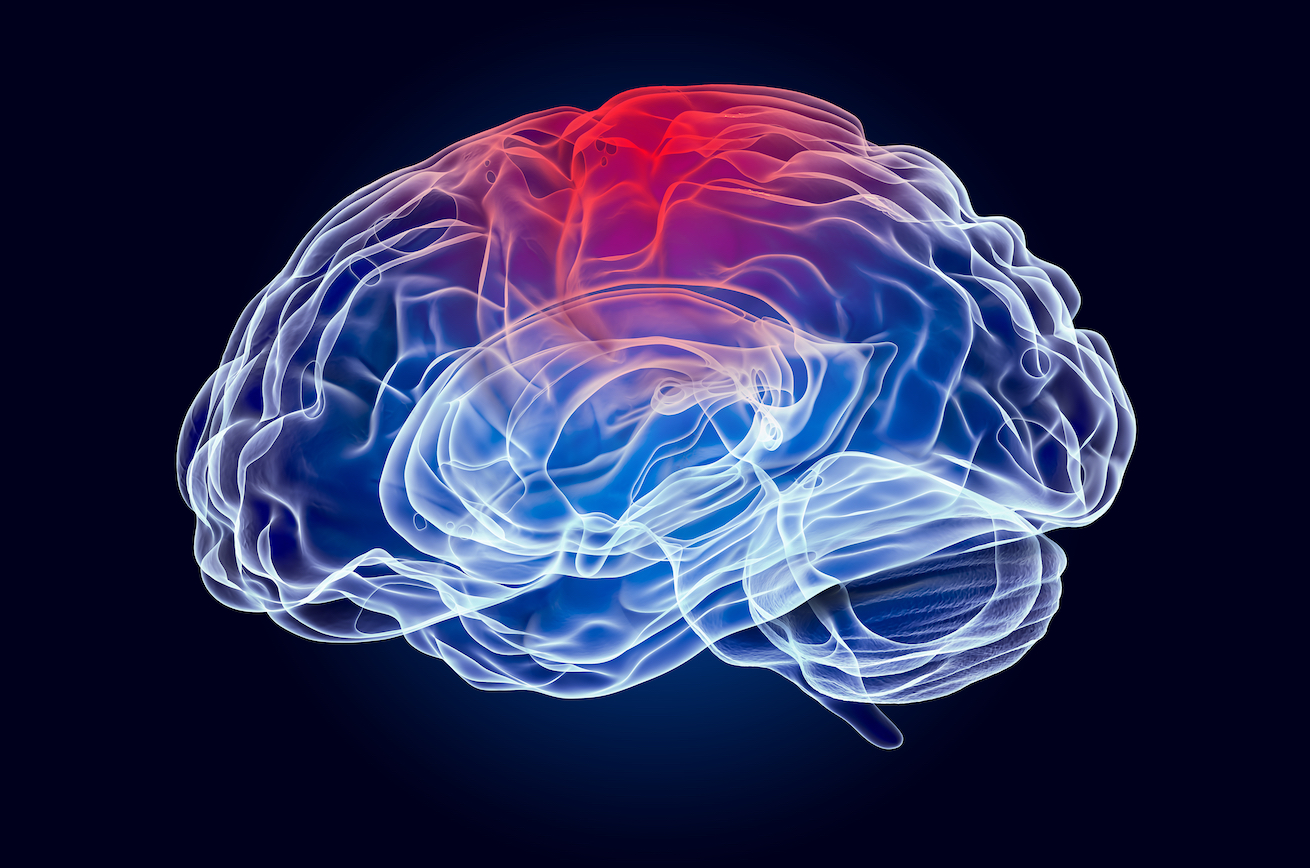
A new series of functional animal studies being carried out by life sciences company Wesana Health will investigate the effects of a psilocybin-based regime to treat traumatic brain injury (TBI) on locomotor activity, anxiety, and depression.
The study has been designed to determine whether selected combinations of doses of Wesana Health’s test drug have any impact on locomotor activity — being the motion and movement required for a person to get from one place to another — and the extent of what this effect may be.
The company has been able to proceed with these studies ahead of schedule, off the back of a recently completed pilot study around user experiences with components of combination therapy to treat mild to moderate TBI, anxiety and/or depression related to a previous TBI, and migraine headaches unrelated to a brain injury.
“Preliminary results, just released, indicate all combination doses were well-tolerated with no evidence of untoward drug-to-drug interactions,” said Wesana Health CSO Dr. Mark Wingertzahn. “This data is extremely encouraging and enabled us to commence with the validated functional animal study in models of anxiety and depression with an active control earlier than planned.”
Results from the anxiety and depression study are expected by early Q4 of 2021.
Wesana Health’s research is focused on developing and delivering psychedelic and naturally-sourced therapies to treat TBI, an injury that affects how the brain works which is common among veterans, athletes, the elderly, and survivors of domestic violence. According to the Centers for Disease Control and Prevention, TBI is a major cause of death and disability in the United States, with about 166 Americans dying from TBI-related conditions each day.
While there are a variety of treatments that can help a person recover from TBI and its symptoms, which often include anxiety and depression, Wesana Health hopes to provide patients suffering from TBIs and other conditions caused by trauma with more effective treatment options.
The company’s co-founder and CEO Daniel Carcillo, a former professional hockey player who has suffered from a TBI, added: “Anxiety and depression are hallmark symptoms of TBI and employing real-world human and validated animal models allows us to better understand and investigate current and potential therapies and protocols to treat a wide range of conditions with roots in the brain.”





